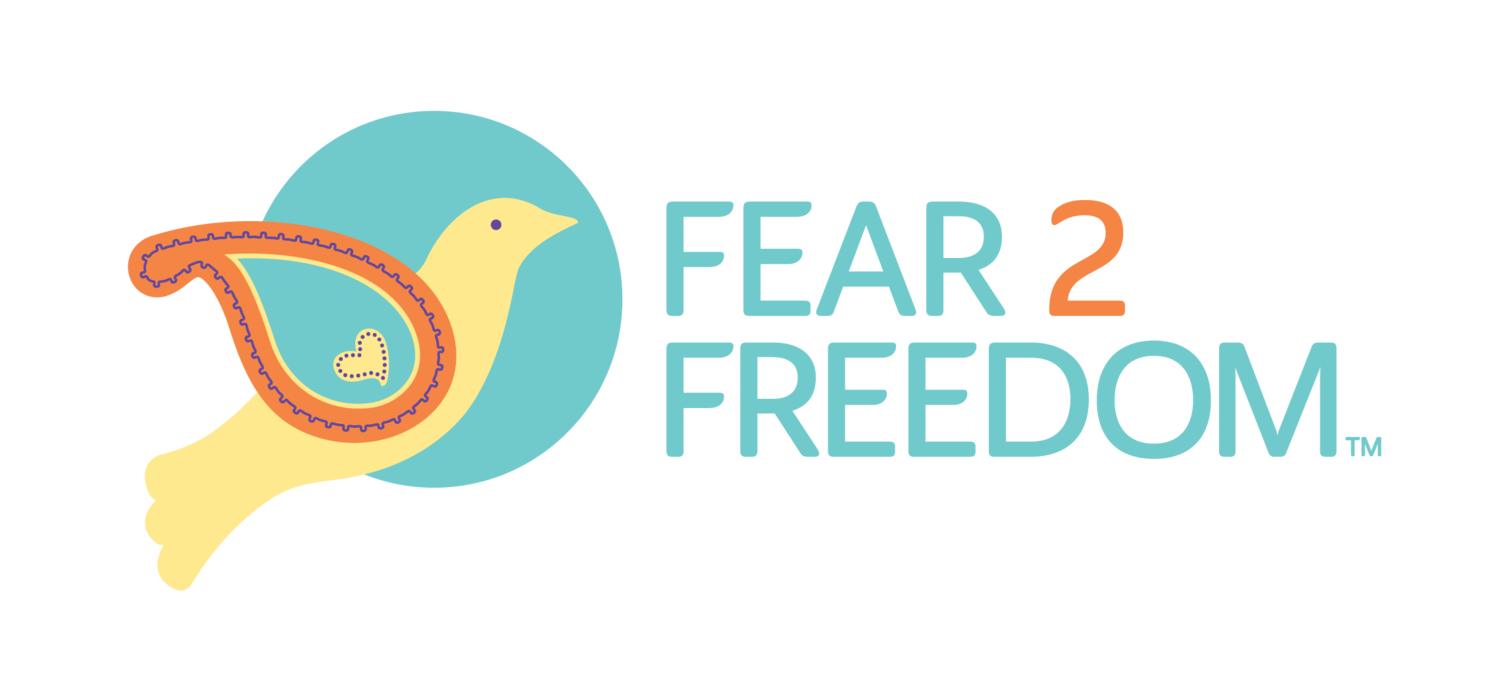By Denisha Hedgebeth and Sydni Ewell, The Center for Sexual Assault Survivors
The American Psychological Association defines trauma as a psychological and emotional response to a terrible event. Right after the event, someone might experience shock and denial. Other, long-term effects of trauma include, but are not limited to, flashbacks, strained relationships, as well as headaches and nausea.
The stress of experiencing a trauma can be increased by not knowing where to turn and/or who can help. When a sexual assault occurs, no matter at what age or how long ago or recent the assault, a range of emotions may be experienced, and the healing process varies from person to person.
It is not uncommon for individuals to attempt to avoid their feelings, to blame themselves, or to utilize coping skills that may be healthy or unhealthy. Examples of healthy coping skills can include journaling, deep breathing, walking in nature, talking to a trusted friend, and individual and/or group counseling. Examples of unhealthy coping skills can include substance abuse, self-harm, self-isolation, and avoidance of sleeping or eating or excessive sleeping or eating. Many times, the emotional discomfort and confusion after an assault can present as anger or anxiety. This range of emotions that a person may feel is extremely common and a normal reaction. However, these emotions should not be ignored.
While counseling may not be a good fit for every person, different modalities have been shown to benefit trauma survivors. Individual counseling can promote a person’s exploration of self, improve self-awareness, assist with identifying and maintaining healthy boundaries, and help with developing appropriate coping skills. Support groups have been an additional form of help for survivors by providing a safe, confidential space to process and normalize feelings with others who have experienced similar circumstances. This can assist with creating a trusted support system and reducing self-isolation. Groups also can provide unique perspectives since members will have different backgrounds, which can teach individual members a great deal about themselves by being exposed to these various viewpoints.
Each person deals with trauma differently and deserves to have an individualized experience, helping to make meaning of their circumstances. Located in Newport News, Virginia, The Center for Sexual Assault Survivors offers free and confidential crisis services to survivors and their family members including short-term individual counseling, support groups, advocacy (24/7 crisis hotline in addition to hospital and court accompaniment/support), and community engagement/awareness events including trainings. All services are currently being provided virtually for the safety of everyone during the pandemic.
For more information regarding The Center’s services and resources, please visit the agency’s website at www.visitthecenter.org, contact the office at 757-599-9844 or 24/7 crisis hotline at 757-236-5260.
If you are located outside of the Peninsula area, you can use RAINN’s locator tool to find the nearest counseling center that specializes in supporting survivors of sexual violence.
